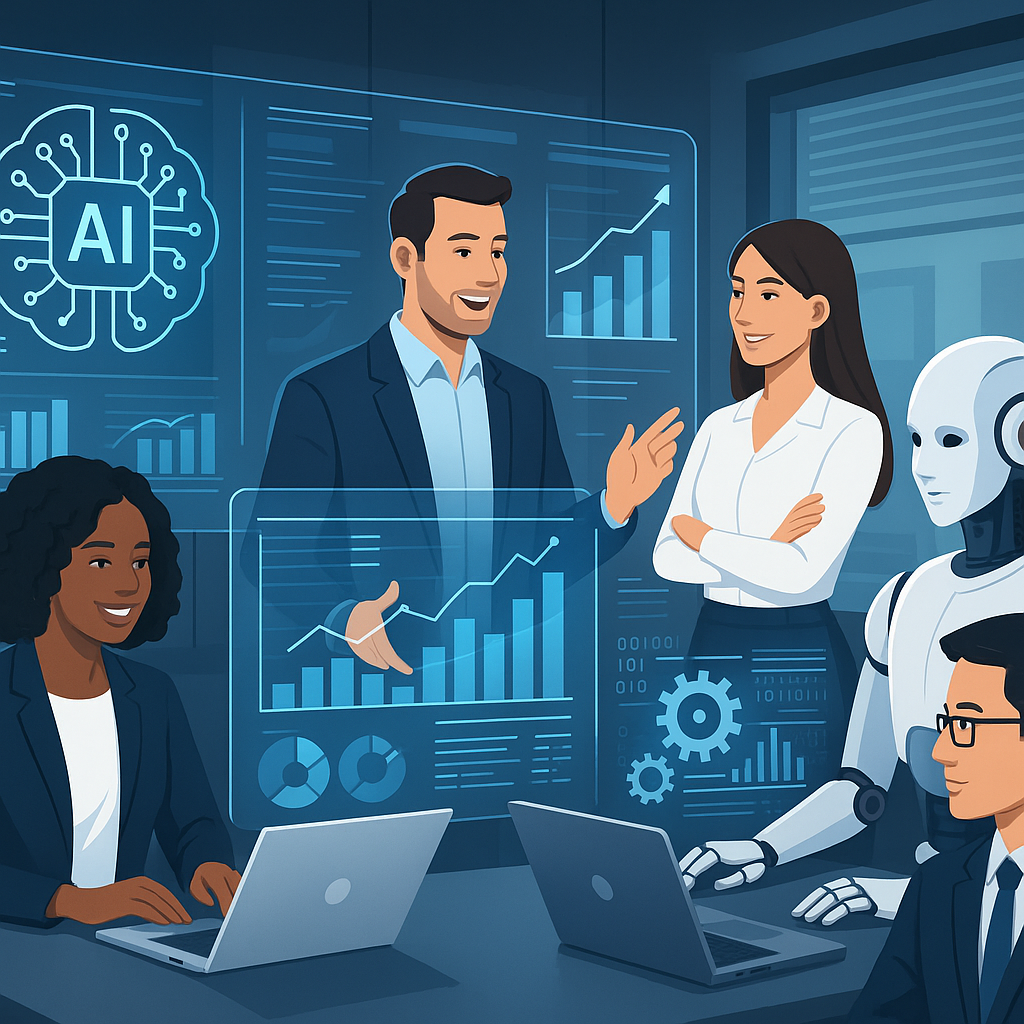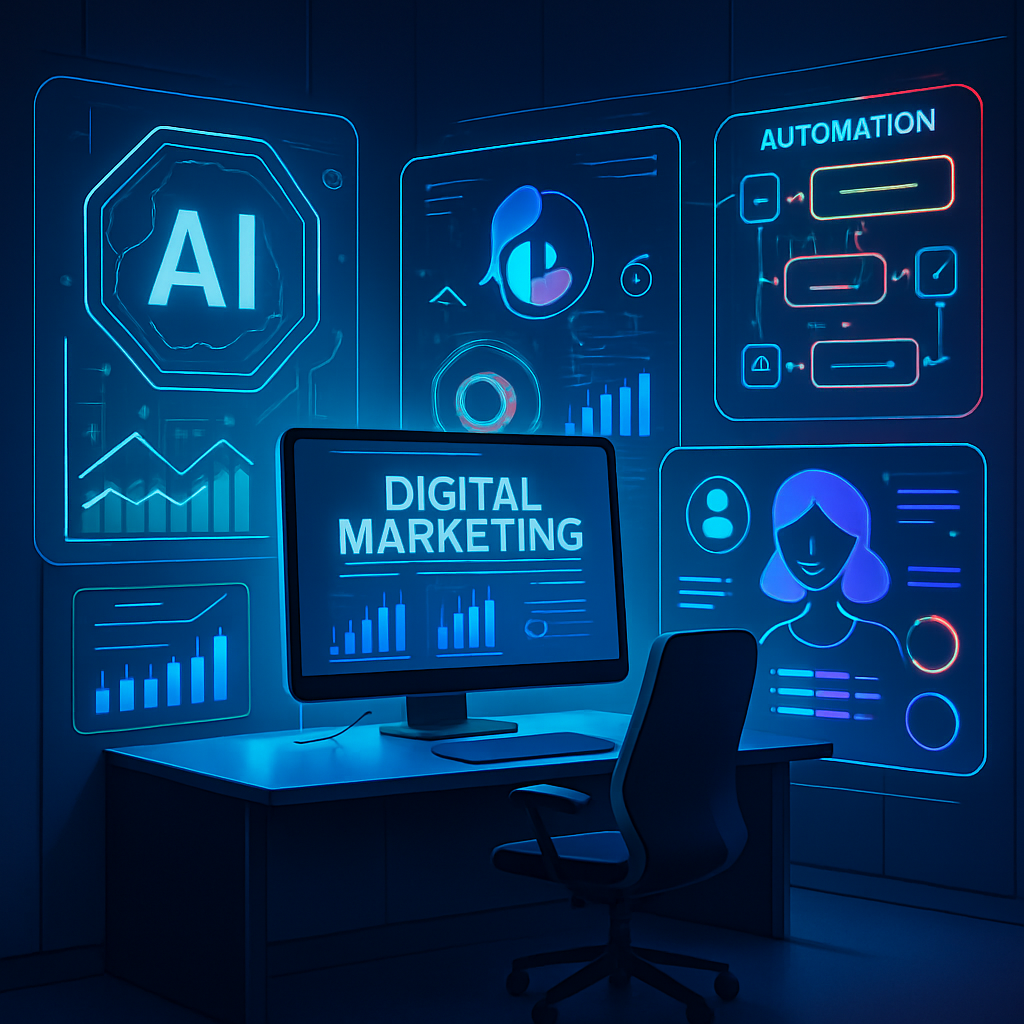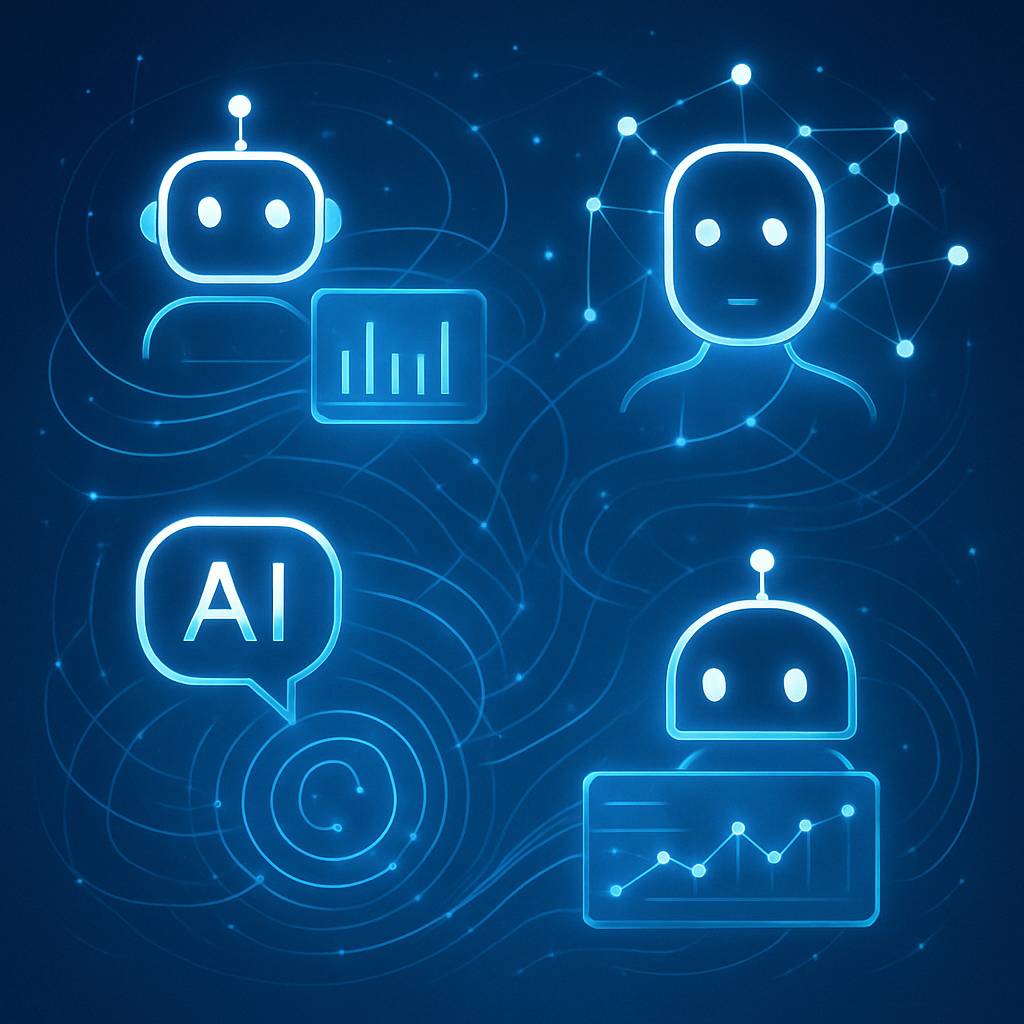
Harnessing AI to Accelerate Enterprise Digital Transformation
The Dawn of AI-Enabled Digital Transformation
Businesses worldwide face steep challenges adapting to rapidly changing market conditions, heightened customer expectations, and increased competition. Digital transformation has become critical—not just a buzzword but a strategic imperative. At the forefront of this transformation is artificial intelligence (AI), ushering in a new era where enterprises accelerate innovation and operational efficiency more than ever before.
Why ai is the Catalyst for Enterprise Digital Transformation
Traditional digital transformation involves leveraging emerging technologies to upgrade business models and operational processes. However, AI adds an intelligent dimension, enabling organizations to automate complex tasks, derive predictive insights, and tailor customer experiences dynamically. By embedding AI across enterprise operations, companies move beyond simple digitization into genuine transformation.
Enhanced Decision-Making with AI Insights
Enterprises generate vast volumes of data daily. Making sense of this data overload manually is inefficient and prone to error. AI-powered analytics and machine learning models extract actionable insights from complex datasets in real-time. For example, predictive analytics can forecast supply chain disruptions allowing preemptive action, while sentiment analysis automatically gauges customer feedback to steer product development.
Automation of Complex Operational Processes
Beyond repetitive tasks, AI enables automation of intricate processes that require cognitive capabilities. Intelligent robotic process automation (RPA) bots handle multi-step workflows such as invoice processing, compliance checks, and dynamic resource allocation. By doing so, enterprises reduce errors, improve speed, and free human talent to focus on innovation and strategic initiatives.
Personalized Customer Journeys Powered by AI
AI harnesses behavioral data to offer hyper-personalized engagement. Dynamic content recommendation engines, AI chatbots, and virtual assistants adapt interactions down to the individual level. This personalization not only boosts customer satisfaction but also drives loyalty and revenue.
Key Sectors Embracing AI-Fueled Digital Transformation
Manufacturing: Smart Factories Beyond Automation
In 2025, AI-powered smart factories surpass traditional automation by implementing adaptive production lines. Computer vision systems inspect quality in real-time and adjust processes autonomously. Predictive maintenance powered by AI predicts equipment failure before breakdowns, optimizing uptime.
Financial Services: Real-Time Risk and Fraud Detection
Banks and insurers deploy AI algorithms that monitor transactions and user behaviors to detect fraud instantaneously. AI also transforms underwriting processes through rapid risk assessment, speeding approvals without sacrificing accuracy.
Healthcare: AI Augmenting Clinical and Operational Workflows
From diagnostic image interpretation to personalized treatment recommendations, AI systems augment clinicians’ capabilities. On the operational side, AI streamlines patient triage, scheduling, and resource management, improving experience and system efficiency.
Retail and E-Commerce: Delivering Seamless Omnichannel Experiences
Retailers integrate AI across online and physical channels, offering dynamic pricing, inventory forecasting, and individualized promotions. AI-powered demand sensing ensures supply aligns closely with fluctuating customer preferences and external trends.
Implementing AI Strategically: Practical Considerations
Start with Clear Objectives
Enterprises must define specific transformation goals—be it cost reduction, enhancing customer experience, or accelerating innovation. Well-defined objectives guide AI adoption priorities and metrics for success.
Invest in Data Infrastructure and Quality
Robust and clean data is the foundation for effective AI models. Organizations invest in scalable data lakes, governance frameworks, and data quality initiatives to underpin AI capabilities reliably.
Foster Cross-Functional Collaboration
AI deployment cuts across business, IT, and data science teams. Establishing collaborative teams ensures AI solutions align with operational realities and deliver measurable business value.
Balance Automation with Ethical AI Use
Transparent AI systems and ethical data practices are vital to maintain trust among employees, customers, and regulators. Enterprises implement governance to monitor AI impacts and biases continuously.
Future Outlook: AI as the Bedrock of Continuous Enterprise Transformation
Looking ahead, AI will not just accelerate discrete transformation projects but become foundational for continuous adaptability. Emerging models in generative AI, autonomous agents, and edge AI will provide enterprises with increasingly sophisticated tools to innovate rapidly, optimize operations, and create unparalleled customer value.
The fusion of AI with emerging technologies like blockchain, 5G connectivity, and augmented reality will unlock creative new business models, redefine competition, and make digital transformation an ongoing journey rather than a destination.
For enterprises in 2025 and beyond, mastering AI-driven digital transformation is synonymous with future readiness in a rapidly evolving business landscape.






